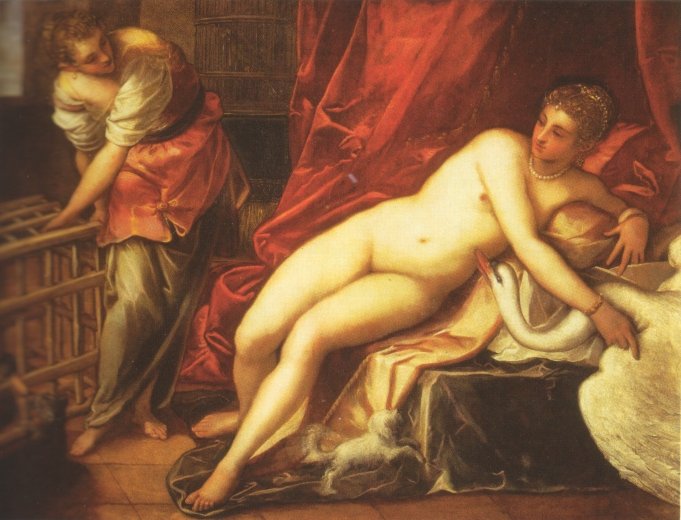House of Sparta
Sparta or Lacedaemon was the capital of a southeastern region of the Peloponnese called Laconia. Laconia was known for its fertile land. In Greek mythology, Sparta was a great centre of power for the Spartan king, with great palaces.
Sparta was the home of Helen of Troy and her famous twin brothers, Castor and Polydeuces (Pollux). These twins were known as the Dioscuri, and they joined other heroes in the voyage of the Argonauts and the Calydonian Boar Hunt. Their mortal father Tyndareus was the most famous of the Sparta kings. Helen's husband Menelaus was also famous.
After the destruction of the Mycenaean centres throughout Greece after the Bronze Age, the Hellenic people known as the Dorians occupied Laconia. Yet as a city, Sparta was a poor city-state that boasted no great fortifications or buildings. No palace was found in historical Sparta. Their lifestyles were frugal and austere. Spartan citizens were called Spartiates. Yet, it was known for being ruled by two royal kings and its hoplite army.
Sparta was later famous for training their citizens as hoplite warriors, to fight in a phalanx formation. Each son was brought up by his mother until seven, when they actually began their military training. Weak sons were either killed or left to die in the forest. There was no other life for a Spartan male, because since the 6th century BC they were prohibited from engaging in various trades. The non-citizens from the neighbouring towns, known as Perioeci, handled trades (blacksmith, carpentry, etc).
They conquered Messenia and turned every Messenian into helots, which were nothing more than slaves. Sparta formed a hegemony in the Peloponese, which modern historians called the Peloponnesian League, though not every Peloponnesian city-state was part of this league.

Early Rulers of Sparta
Golden Age of Sparta
For the Dioscuri (Castor & Polydeuces), see Heroes I. For Helen, see the House of Troy. For Orestes, see the House of Pelops. For Tisamenus, see the House of Pelops, Orestes.
Genealogy
By Jimmy Joe





